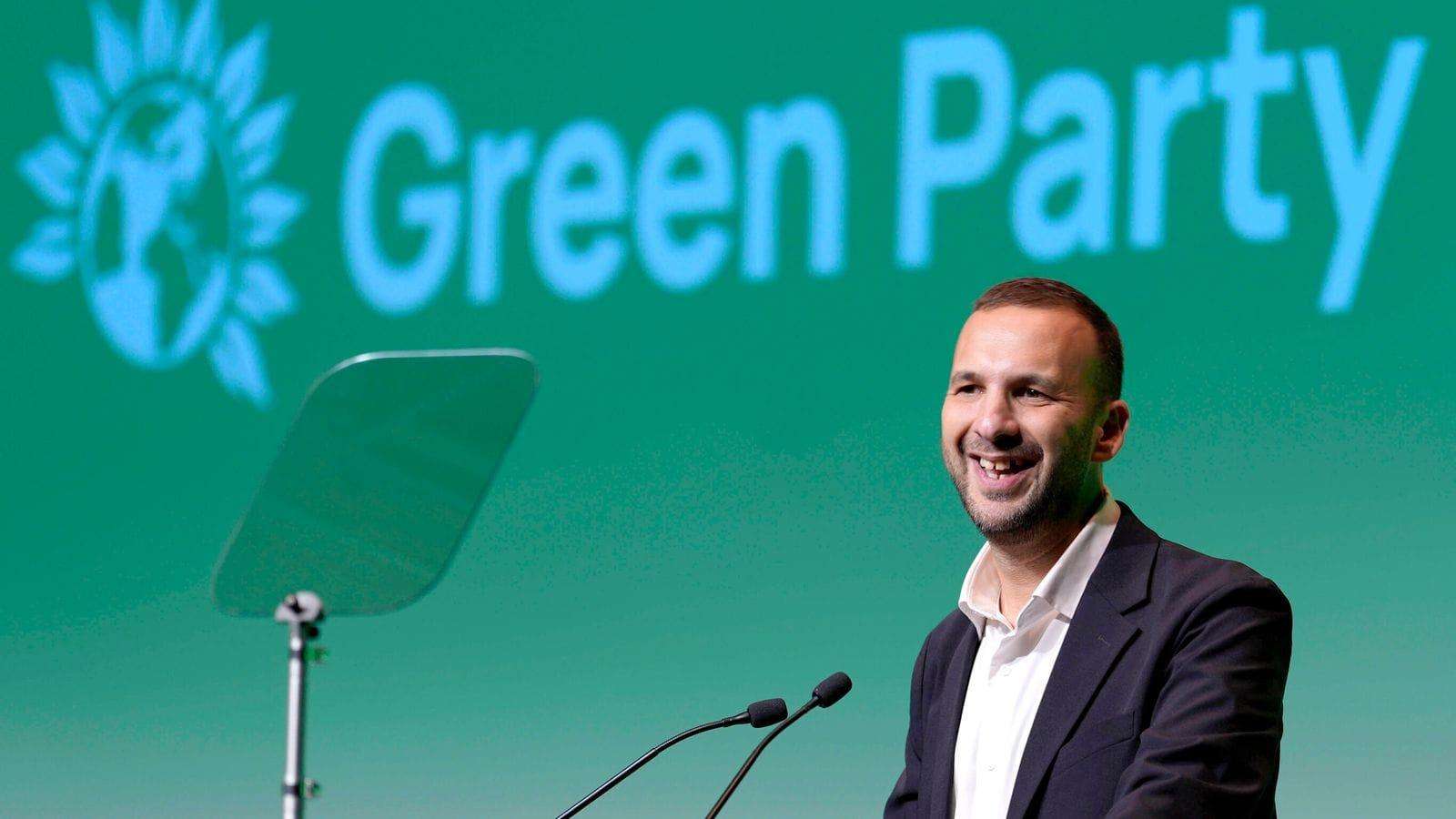England's 2025 local elections have delivered a seismic shift in the political landscape, with Nigel Farage's Reform UK party making significant gains and inflicting substantial losses on both the Conservative and Labour parties. Early results indicate a widespread voter backlash against the traditional political establishment, reshaping the balance of power at the local and national levels, Daily Dazzling Dawn understand.
The Conservatives, under the leadership of Kemi Badenoch, are reeling from a predicted loss of between 475 to 525 council seats, according to top pollster Lord Robert Hayward. This represents a dramatic reversal of fortunes since the 2021 elections, when the party enjoyed a surge in popularity under Boris Johnson. Reform UK has capitalized on this decline, securing an estimated 400 to 450 council seats, primarily concentrated in the Midlands and the North.
Labour, despite entering the elections with expectations of gains after a poor showing in 2021, is also facing setbacks. Some analysts fear the party may even lose seats, reflecting a decline in support since their victory in the 2024 general election. The crucial Runcorn and Helsby by-election, triggered by former Labour MP Mike Amesbury's resignation after a criminal conviction, saw Reform UK mount a strong challenge, threatening to overturn Labour's previously substantial majority.
Key Developments and Figures:
Reform UK's Rise: Nigel Farage's party has emerged as a significant force, attracting disaffected voters from both the Conservatives and Labour. Their gains signal a growing dissatisfaction with mainstream politics and a demand for alternative voices.
Conservative Losses: The Conservatives are facing a major electoral setback, reflecting public discontent with their policies and performance. Kemi Badenoch's leadership is facing its first major test amid these disappointing results.
Labour's Struggles: Despite winning the 2024 general election, Labour is struggling to maintain its momentum in local elections. Concerns about declining support are mounting, particularly in traditionally Labour-held areas.
Runcorn and Helsby By-election: This by-election, triggered by Mike Amesbury's controversial resignation, became a key battleground, with Reform UK aiming to deliver a symbolic blow to Labour.
Council Seat Projections: Lord Robert Hayward's forecasts indicate substantial losses for the Conservatives and significant gains for Reform UK, highlighting the dramatic shifts in voter sentiment.
Turnout and Voter Sentiment: Initial reports suggest a high degree of voter dissatisfaction with the established parties, with many seeking to express their frustration through Reform UK.
Impact and Implications:
The 2025 local election results are likely to have significant implications for the UK's political landscape:
Reform UK's surge could reshape the dynamics of British politics, challenging the dominance of the traditional two-party system.The Conservative's heavy losses could trigger internal party turmoil and raise questions about Kemi Badenoch's leadership.Labour's struggles in local elections could undermine their national standing and raise concerns about their ability to maintain support.The results are expected to intensify the debate on immigration, economic policy, and public trust in political institutions.
As the final results are tallied, the full extent of the electoral shockwaves will become clearer. However, one thing is certain: the 2025 local elections have delivered a profound message to the UK's political establishment.
Nigel Farage and the far-right in the UK have gained traction by tapping into anxieties around immigration, economic inequality, and a perceived disconnect between the political establishment and ordinary people. This has been fueled by a sense that both Labour and the Conservatives have failed to address these concerns adequately. Labour, in the eyes of some, is seen as out of touch with working-class voters and too focused on social issues, while the Conservatives are perceived as having failed to deliver on promises related to immigration and economic improvement. This perceived failure by both major parties has created a vacuum that Farage and the far-right have exploited, offering simplistic solutions and often divisive rhetoric. Ultimately, it's a segment of the electorate feeling unheard and unrepresented by the mainstream who are driving this shift.
_3.jpg)
_4.jpg)






.svg)


